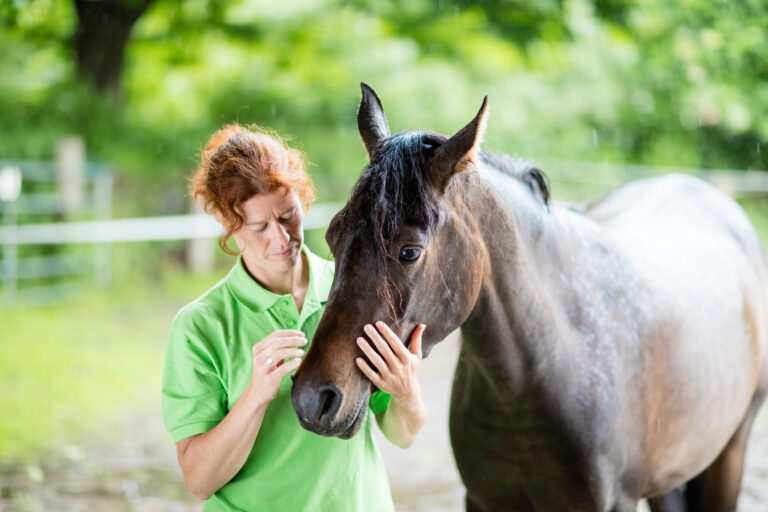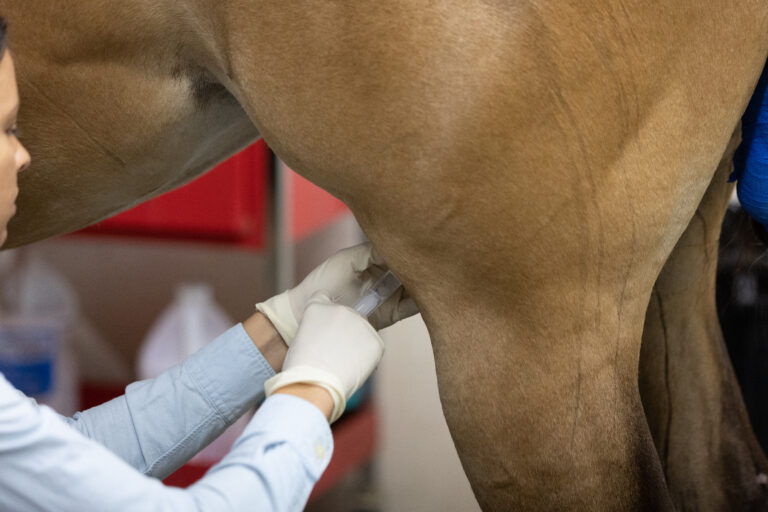
Your actions demonstrate your priorities. Imagine you have planned a date night with your spouse, the first in months. You have promised and have every intention to be home by 6 p.m. to get showered and ready. You’re an associate at a practice with three doctors, and you’re not on call tonight. What could go wrong? Plenty!
The practice owner is on call tonight but has chosen to schedule a barn for pre-competition soundness evaluations this afternoon. That would be fine, but it is located two hours away from the office. Just before 5 o’clock, a local client calls the office with a colicking horse, and the receptionist asks you to go, since you are in the office, having just returned from your day of ambulatory calls. Your colleague, the third doctor in the practice, finished up and went home an hour ago. What will happen next?
Responding to Stressful Scenarios
Most veterinarians will be stressed by this scenario because of all the competing demands. A horse is in trouble and might be adversely affected if not seen promptly. As an equine veterinarian with the skills to assess and treat this patient, many if not most will feel an ethical imperative to go. Along with this, the doctor might feel anger, despair, guilt and/or fear. No matter what decision they make, there will be consequences.
If they say to the receptionist, “I’ve got plans tonight. Please call Dr. Owner to see this case,” the owner might expect them to go, or even direct them to go. The owner might negatively judge their motivation and dedication, and even retaliate if they are unwilling to see the case.
If they call their spouse and say, “I’m so sorry—a colic call just came in,” it is very likely that this has happened before, and the spouse will now feel anger, sadness or despair. The consequences of this scenario being repeated multiple times over months or years could include divorce or a loss of trust and affection. Maybe you decide to call the other associate to see if they are willing to take the case. Unfortunately, by doing this, you are assuming responsibility for fixing the owner’s problem, but ultimately, the horse needs to be seen, and you know it.
Sadly, this type of scenario is all too common in equine practice and requires an honest and possibly difficult conversation with the practice team. Being clear about your values and priorities will make this easier. Setting some collectively determined rules for how the team will operate can get everyone on the same page and allow the airing of differences in expectations. If you find that the other members of the team do not share your beliefs about what things in life are most important, this may be a sign that the practice’s culture is not a good fit for your career.
Establishing Priorities
Having boundaries around work is the most effective way to live a life consistent with your priorities. If your family is your highest priority, when does work come first? Under what circumstances will you reschedule work obligations? Under what circumstances will you reschedule family obligations? When will you be willing to work late when you are not on call? Under what circumstances would you feel guilty? How do you define success? How do you define a life well-lived? How do you want people to remember you when you die?
Setting Professional Boundaries
Veterinarians need to form professional boundaries to protect their well-being. There are three major types of boundaries: physical boundaries (e.g. hugs vs. handshakes), emotional boundaries that allow saying no to things that compromise your values (e.g. euthanizing a healthy horse), and mental boundaries about how things should operate at work (e.g. not being available to clients 24/7/365). When setting boundaries, you must know your values, be able to communicate your needs clearly, have the ability to address boundary violations promptly, and be prepared to create structure to prioritize your well-being. Setting boundaries at work helps protect you from burning out and/or finding yourself in uncomfortable situations that might be otherwise avoidable.
Without good boundaries, a veterinarian is likely to feel undervalued, underappreciated, disrespected or worse. By taking responsibility to set boundaries, communicate your needs clearly and take the necessary steps to find a work setting where this is embraced, you can live a life in alignment with your priorities.




